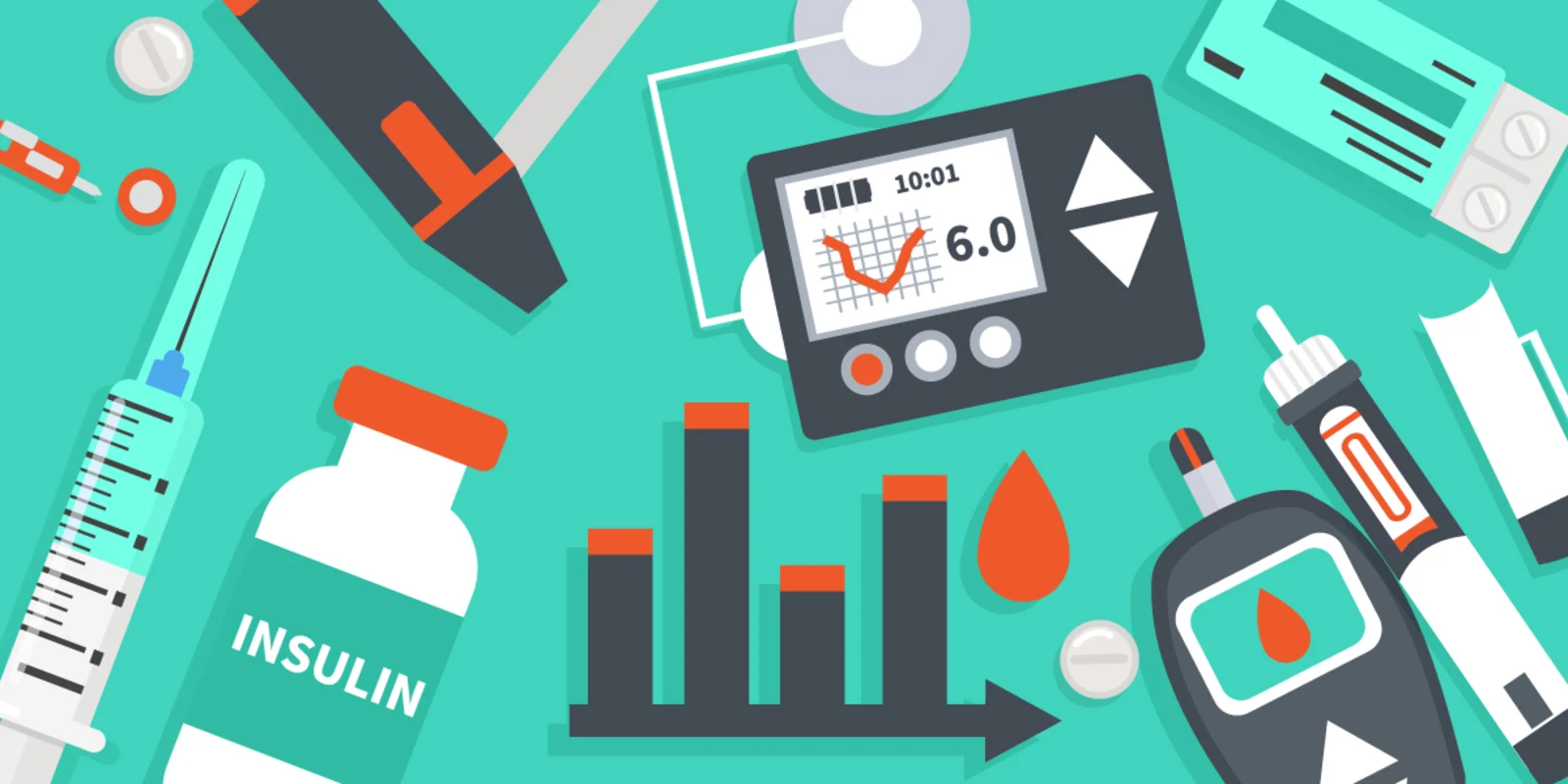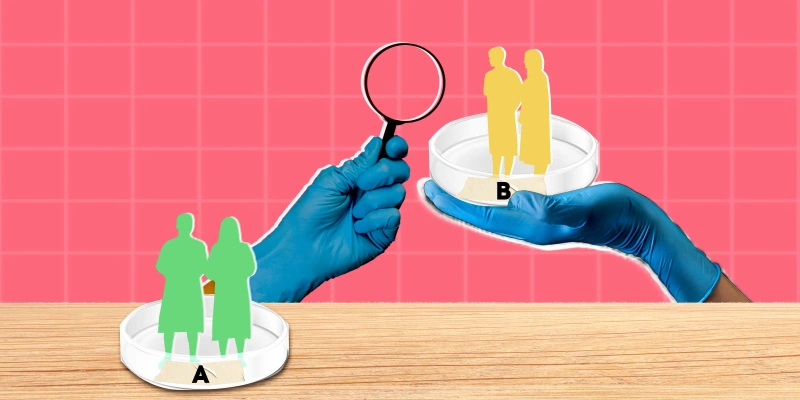The American Diabetes Association commenced its 82nd scientific session from June 3–7 in New Orleans. Researchers, scientists, clinicians, and allied health professionals from across the globe attended this state-of-the-art conference. The meeting started on June 3 with a grand opening night celebration, allowing the attendees to network and meet each other in person after a gap of two years.
While the conference showcased topics from all areas of diabetes, this year’s theme revolved around novel diabetes therapies and clinical and scientific advancements in diabetes technology. Special emphases were on diabetes care in the elderly and disparities in diabetes management in minority communities as well as the transgender community. The highlight of the meeting was data presented on the GIP/GLP-1 combination tirzepatide-a first in a class molecule. NEJM published the study shortly before the meeting.
Dr. Ania M. Jastreboff from Yale University School of Medicine presented the data on the SURMOUNT trial. The primary and secondary outcomes from the study suggest weight loss achieved with tirzepatide is comparable to surgical intervention. The SURPASS trials investigated the efficacy of tirzepatide on glycemic control and weight reduction. Overall results from SURPASS suggest tirzepatide is the most potent non-insulin pharmacologic treatment for diabetes and weight loss.
The next big highlight was technology. Dr. Grazia Aleppo from Northwestern University Chicago presented the data on the recently approved Omnipod 5 Insulin Delivery System, which was well attended in the product theater.
Time in range remained a hot topic of discussion in all technology talks. The ADA interest groups also did a fabulous job on their presentations and networking events. The clinical center and programs interest group took the audience on a journey of continuous glucose monitoring (CGM) across a patient’s lifespan. The presentation emphasized the need to have more studies on the elderly group, pediatrics, and pregnancy to establish the efficacy and safety of CGM use in this population.
Presentations on newer insulins included data from phase II trials of the two new once-weekly insulins called basal insulin Fc and icodec. Dr. Jamie Feldman from the University of Minnesota discussed barriers in diabetes care for transgender individuals. One of the sessions I found very interesting was on Medicare payments; this was one of the best sessions I have ever attended that explained how Medicare payments worked and what 'donut hole' means. This session made me think about how I was prescribing and the impact of the cost of medications on patient compliance. A mini-symposium on the ADA standards of care and pathway to stop diabetes was also worth attending.
Overall, the sessions were enlightening and of high educational value. The ability to attend in person, meet with friends and colleagues, and — most of all — the feeling of getting back to normal were the cherries on the cake.
Dr. Chalisa is employed by Morris Hospital and Health Care Center and has no conflicts of interest to report.
Image by Irina_Strelnikova / Getty





